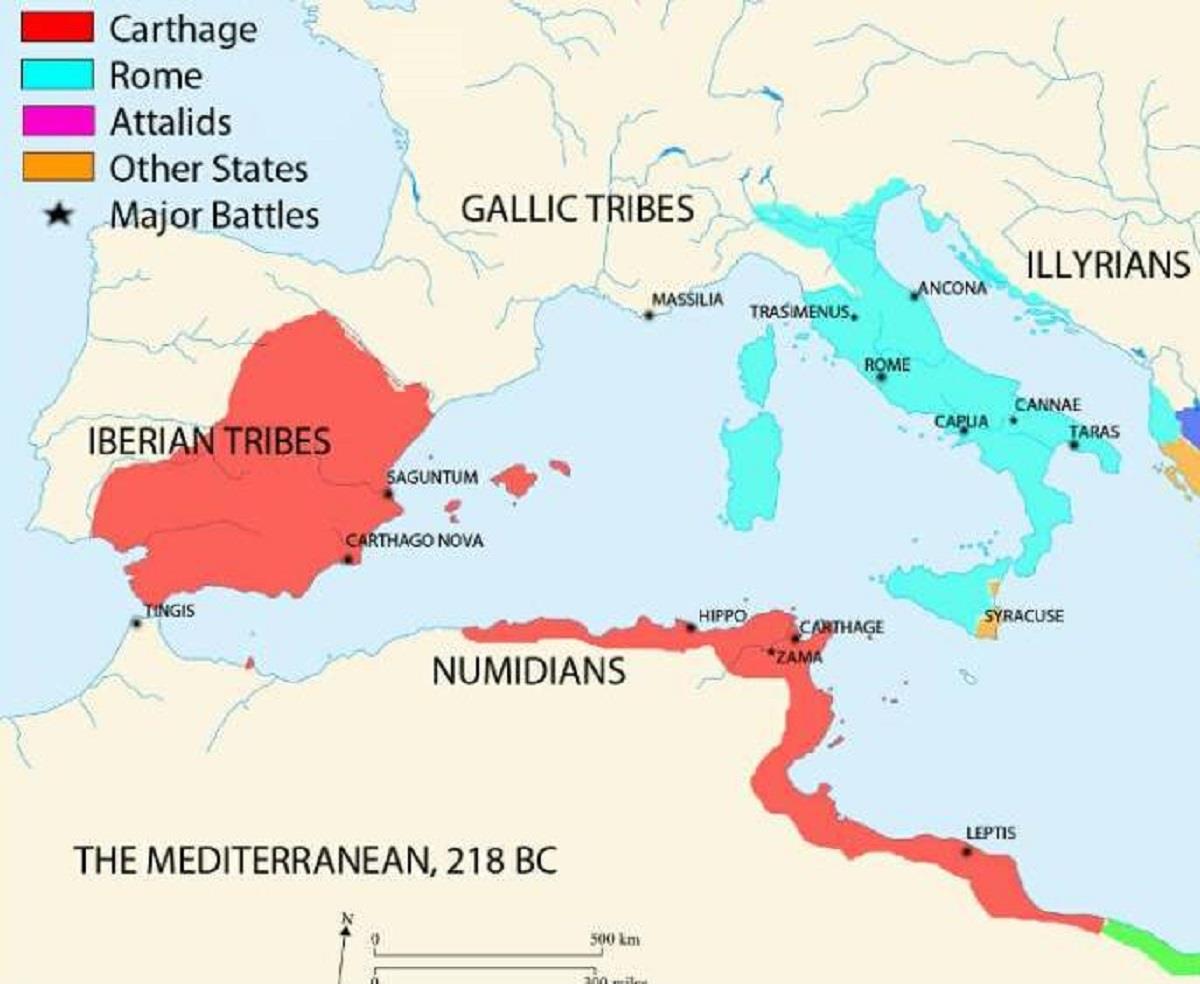(MENAFN- Asia Times) Once upon a time, Rambo was the American hero; now it is The Mauritanian. The man who shoots his way through a jungle of Asian-looking enemies gave way to the meek, innocent victim of a US anti-terrorist witch hunt.
In China, the myth of Rambo became The Wolf Warrior, a kung-fu arms expert who shoots his way through a forest of Western mercenaries in Africa. Will there be a Chinese version of The Mauritanian?
As Laozi teaches, according to his first commentator, Hanfei Zi, power is non-action or wu wei 无为, inaction, water-like adaptability. Real power comes from accepting and handling weaknesses and faults. Power from strength only is actually weak.
It is hard to imagine a Chinese Mauritanian any time soon. Many decades later, Beijing still has not come to grips with the horrors of the land reform, which killed hundreds of thousands of“class enemies”; the Great Leap Forward, when tens of millions starved to death; or the Cultural Revolution, when again millions perished.
But if there is one lesson coming from the disastrous Afghanistan withdrawal, it is that changes cannot happen overnight. This is the delusion of communist revolutions, which wanted total sudden solutions and transformations. The result has been invariably to realize the exact opposite: a more rigid confirmation of the old, vanquished order. Stalin or Mao were worse than the already tyrannical czar or the son of heaven.

Hannibal launched an ill-fated attack on Rome using African war elephants to cross the Alps. Image: Megistias – Moore, R. L. (1981). The Hamlyn Historical Atlas London: Hamlyn:
Then there should be time for China to change, but China wasted decades slow-pacing or moth-balling necessary political reforms. It squandered mountains of American and global goodwill, and now there is little or no time left. The world, which, like it or not, is dominated by the US, can't wait for China; if anything, it is just the opposite.
China should quickly stop hemorrhaging trust and reverse course, which is increasingly difficult and dangerous. Then it becomes attractive for Chinese decision-makers to come to easy conclusions: America is too full of contradictions, and it will blow up, we just have to wait. This argument puts off the problem again. But it is with postponements that China has arrived here.
Punic Wars
In fact, the US controls the world almost as Rome ruled the Mediterranean. The Romans gained total control of the sea in the midst of civil wars after defeating its main rival, Carthage. Are we now in a Second Cold War just like there was a second Punic War? Communism, in the guise of its first protagonist, the USSR, initially fought on its own terms, ideology, as Carthage battled on the sea. Then the US defeated the communist USSR on ideology like Rome vanquished Carthage on the sea.

Image: Megistias – Moore, R. L. (1981). The Hamlyn Historical Atlas London: Hamlyn
Now a different brand of“communist” challenge, the Chinese one, is bringing the fight to the economic front, the home turf of the US so far. It looks just like the Second Punic War. Then Carthage came to the Italian peninsula to fight a land war, both Rome's preserve. Is Xi Jinping China's Hannibal? Will Rome have its battle of Cannae?
Can China win this Second Cold War? Are these comparisons too far-fetched?
In theory, China can escape this destiny, but it must really open up to the world. The idea of the Silk Road was right, but it had to be with America, not against it. Beijing could extend influence over Asia, but with America, not to the exclusion of it.
That is, the present dominant political-economic system is free trade and political liberty, democracy. The crux is that tree trade and closed frontiers cannot co-exist in the same world. Global order as it is will be upended and in chaos.
If China were to decide to really open its economy and political system, it would benefit America, no doubt, but it will not be harmful to China, quite the contrary. China is rightly scared of chaos coming from possible political changes that might cause destruction. Still, there could be solutions for it, and then from the American point of view, for decades, the US tried to ease China's transition in this direction.
In any case, the fear of Chinese domestic chaos is no reason to objectively destroy or damage the existing global order. That would bring chaos to an international level, Americans think.
This story first appeared on the Settimana News website and is republished with permission. To see the original, please cli ck her e .
Francesco Sisci is a Senior Research Associate of China Renmin University. The author of Asia Times' Sinograph column, he was also Asia Editor for the Italian daily La Stampa and Beijing correspondent for Il Sole di 24 Ore, and has written for numerous Italian and international publications. He was the first foreigner admitted to the graduate program of the Chinese Academy of Social Sciences, he is the author of eight books on China and a frequent commentator on CCTV.
MENAFN16092021000159011032ID1102808966
Legal Disclaimer:
MENAFN provides the information “as is” without warranty of any kind. We do not accept any responsibility or liability for the accuracy, content, images, videos, licenses, completeness, legality, or reliability of the information contained in this article. If you have any complaints or copyright issues related to this article, kindly contact the provider above.